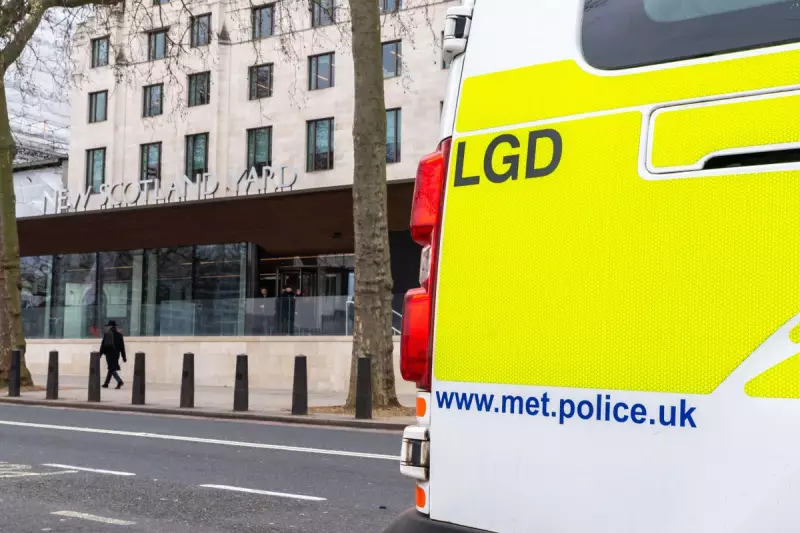
The Metropolitan Police has dismissed a complaint filed by Graham Linehan, the celebrated creator of Father Ted and Black Books, after he reported concerning social media comments about him. Officers concluded that the messages did not meet the threshold for a criminal offence.
Linehan, known for his outspoken views on gender identity issues, contacted Scotland Yard in early 2024 after becoming aware of posts that he believed crossed legal boundaries. The comedian and writer has been a prominent figure in online debates surrounding transgender rights.
Police Assessment Finds No Criminality
In their response to Linehan, the Metropolitan Police stated they had carefully reviewed the material but determined that no criminal offence had been committed. The decision highlights the challenging balance law enforcement must strike between protecting individuals from harassment and upholding free speech principles.
A police spokesperson explained their position: "We thoroughly assess all reports we receive to determine whether a criminal offence has occurred. In this instance, following a detailed review, we concluded the content did not meet the threshold for investigation."
Growing Debate Over Online Speech
This case emerges amid increasing tension between free expression advocates and those calling for stricter regulation of online discourse. Linehan has previously been suspended from social media platforms for violating their policies regarding discussion of transgender issues.
The police decision has drawn mixed reactions from various quarters:
- Free speech campaigners have welcomed the outcome as a victory for open debate
- Others have expressed concern about the protection of vulnerable groups online
- Legal experts note the difficulty in applying existing laws to social media content
Broader Implications for Social Media Regulation
The Metropolitan Police's handling of Linehan's complaint comes as Parliament considers the Online Safety Act, which aims to establish clearer guidelines for policing digital spaces. This case demonstrates the practical challenges facing authorities when applying legal standards to complex online interactions.
As social media platforms continue to evolve as arenas for public debate, the balance between protecting individuals and preserving free speech remains a contentious issue that lawmakers, tech companies, and law enforcement must navigate together.





